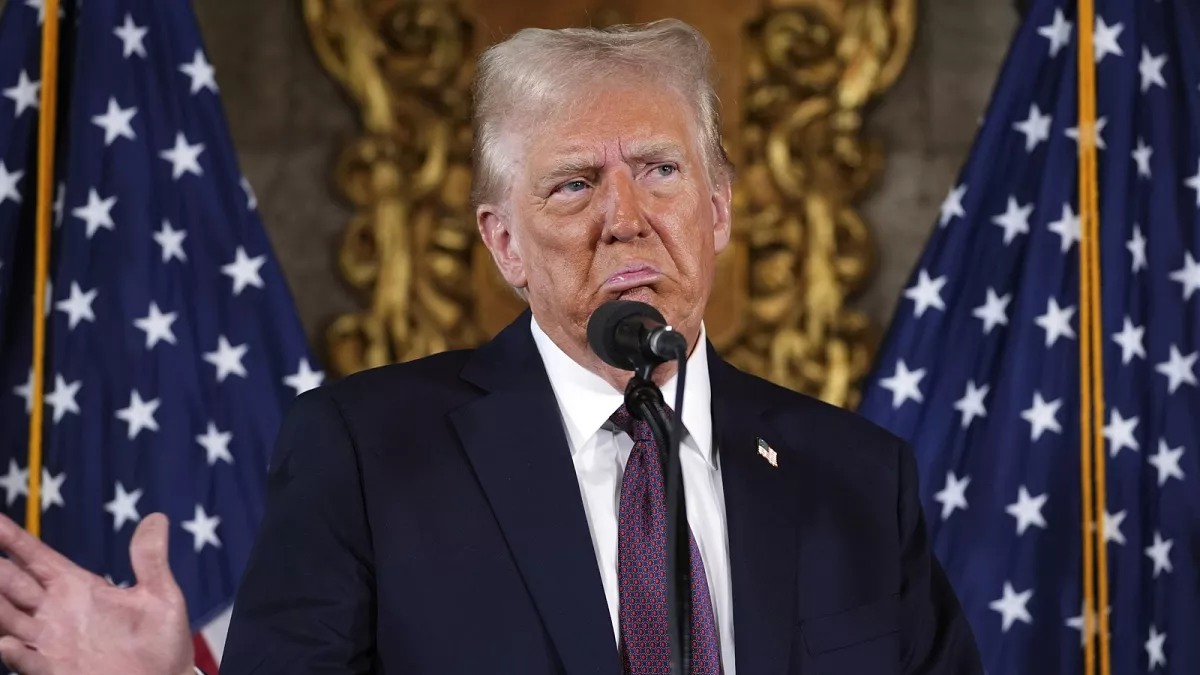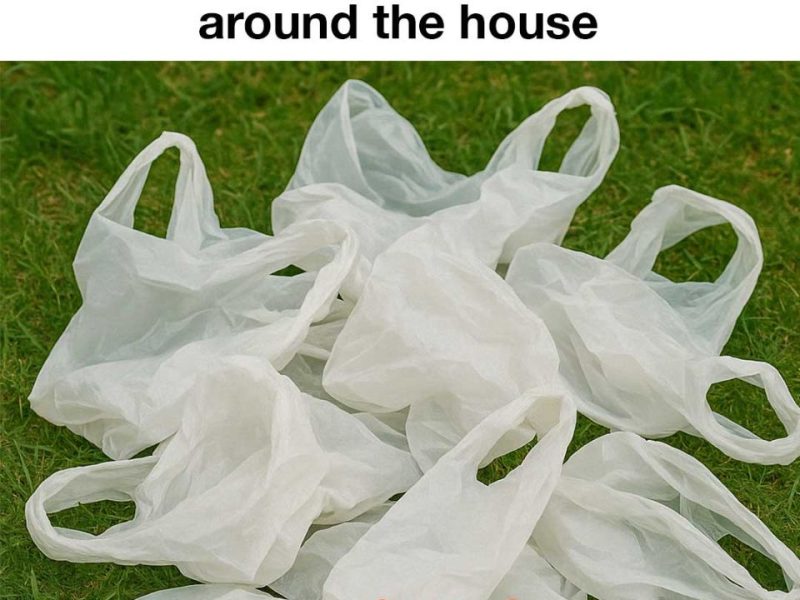In August 2019, Donald Trump shocked the world and expressed interest in purchasing Greenland, the world’s largest island and an autonomous territory of Denmark. According to reports, Trump raised the idea with his advisers multiple times and even instructed his White House counsel to look into the logistics of such a transaction. The revelation was met with incredulity and humor in the media and on social platforms. Danish Prime Minister Mette Frederiksen dismissed the idea as “absurd,” leading Trump to cancel a planned state visit to Denmark in response.
Donald Trump’s sudden interest in purchasing Greenland in 2019 captivated the world’s attention, sparking curiosity and debate about his intentions, the feasibility of such a deal, and the geopolitical implications. While the idea of buying Greenland seemed outlandish to many, it wasn’t entirely unprecedented, nor was it devoid of strategic rationale.
For the past few weeks, President-elect Donald Trump reiterated his interest in buying Greenland while also talking about retaking the Panama Canal and having Canada as a “51st state”. Donald Trump also refused to “rule out any use of military force when it comes to these issues”. Nevertheless, European leaders Scholz and Macron scoffed at his offers, again saying that it is not for sale and that warned him that any unlawful attempt to gain control of the large Arctic island will be met with military force, and the European Union has a right to defend it’s territory.
The president-elect’s son Donald Trump Jr went on a short trip to Greenland on Tuesday coinciding with the President-elect’s call to purchase the island. He wrote on social media platform Truth Social on Monday: “Greenland “will benefit tremendously if, and when, it becomes part of our Nation,” adding “We will protect it, and cherish it, from a very vicious outside World. MAKE GREENLAND GREAT AGAIN!”
Don Jr after arriving in Greenland said: “These are people who feel they’ve been exploited. They haven’t been treated fairly by Denmark. They’re being held back from exploiting their natural resources, whether it’s coal, uranium, rare earths, gold or diamonds. It’s really a great place.”
Why Does Trump Want Greenland?
1. Geopolitical Significance
Greenland occupies a strategically important position in the Arctic region, sitting between North America and Europe. With the Arctic becoming a focal point for global power competition due to melting ice and emerging sea routes, Greenland’s location is of immense strategic value. The island serves as a gateway to the Arctic, where nations are vying for control over newly accessible resources and shipping lanes.
The United States already maintains a military presence in Greenland through the Thule Air Base, a vital installation for missile defense and early warning systems. Acquiring Greenland would strengthen the U.S. military’s foothold in the Arctic, allowing for greater control and surveillance in the region. This is particularly important as Russia and China increase their activities in the Arctic, including building military bases and pursuing resource extraction.
2. Natural Resources
Greenland is rich in natural resources, including rare earth minerals, oil, gas, and precious metals. Rare earth elements, in particular, are critical for modern technologies such as smartphones, electric vehicles, and renewable energy systems. The U.S. relies heavily on China for rare earth imports, and securing Greenland’s resources could reduce this dependence.
Additionally, Greenland’s ice sheets are retreating due to climate change, potentially exposing more of its resource-rich land for exploration and exploitation. Trump, known for his focus on energy independence, likely saw Greenland as a long-term investment with significant economic potential.
3. Trade Opportunities
Climate change is rapidly altering the Arctic landscape, creating both challenges and opportunities. Melting ice is opening up new shipping routes, such as the Northwest Passage, which could reduce global shipping distances and costs for the whole world, while benefiting the U.S as a whole.. Controlling Greenland would give the U.S. a strategic advantage in navigating and potentially dominating these emerging trade routes.
Moreover, as the ice recedes due to climate change, more of Greenland’s land becomes available for development, resource extraction, and scientific research. Trump may have viewed Greenland as a critical asset in the context of these environmental changes.
4. Historical Precedents
The idea of the United States acquiring Greenland is not new. In 1867, following the purchase of Alaska from Russia, the U.S. considered acquiring Greenland and Iceland. In 1946, President Harry Truman offered Denmark $100 million in gold for Greenland, recognizing its strategic importance during the early stages of the Cold War. Denmark declined the offer, but the U.S. continued to maintain a presence on the island through the Thule Air Base.
Trump likely saw himself as following in the footsteps of leaders who made transformative land acquisitions, such as Thomas Jefferson with the Louisiana Purchase and William Seward with the Alaska Purchase. He may have viewed the acquisition of Greenland as a legacy-defining achievement.
Geopolitical Implications
Trump’s interest in Greenland highlighted broader trends in Arctic geopolitics. As climate change accelerates and the Arctic becomes more accessible, nations are increasingly competing for influence and resources in the region. The Arctic Council, an intergovernmental forum comprising Arctic nations, has become a focal point for discussions on sustainable development and environmental protection. However, tensions between major powers threaten to undermine cooperation in the region.
Russia’s Arctic Expansion
Russia has been aggressively expanding its military and economic activities in the Arctic, reopening Soviet-era bases and deploying advanced weaponry. It has also laid claim to vast portions of the Arctic seabed, citing the United Nations Convention on the Law of the Sea (UNCLOS).
Subscribe to Cheerful Sharing!
Get updates on the latest posts and more from Cheerful Sharing straight to your inbox.
China’s Arctic Ambitions
Although not an Arctic nation, China has declared itself a “near-Arctic state” and has been investing in Arctic infrastructure and resource projects. Its Arctic policy includes developing the “Polar Silk Road” to facilitate trade through the region.
U.S. Arctic Strategy
The U.S. has been relatively slow to develop a coherent Arctic strategy, but Trump’s interest in Greenland underscored the need for greater engagement in the region. Acquiring Greenland would have given the U.S. a stronger position in the Arctic and enhanced its ability to counter Russian and Chinese influence.
So what do you think of Donald Trump’s idea of owning Greenland? Is it a good or bad idea?


